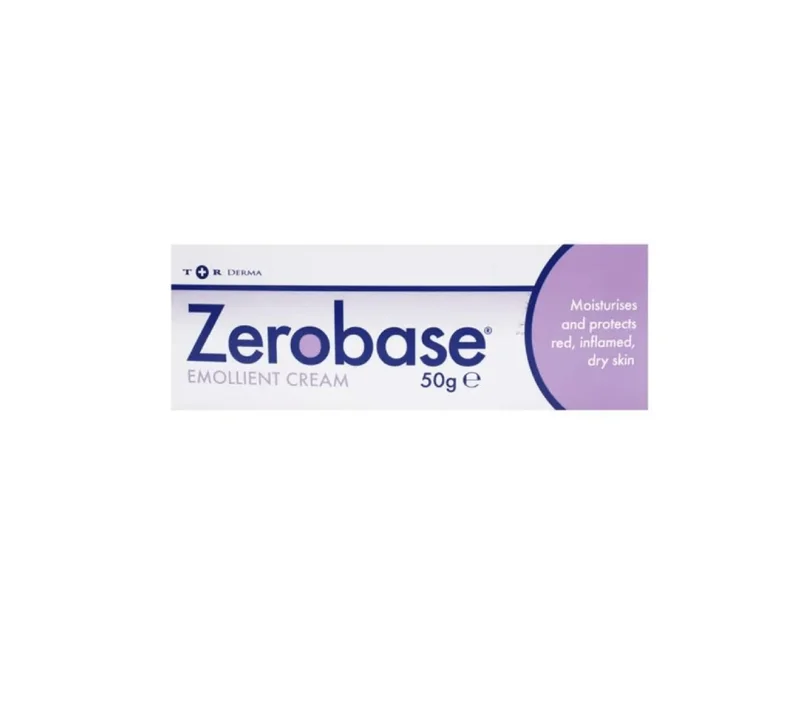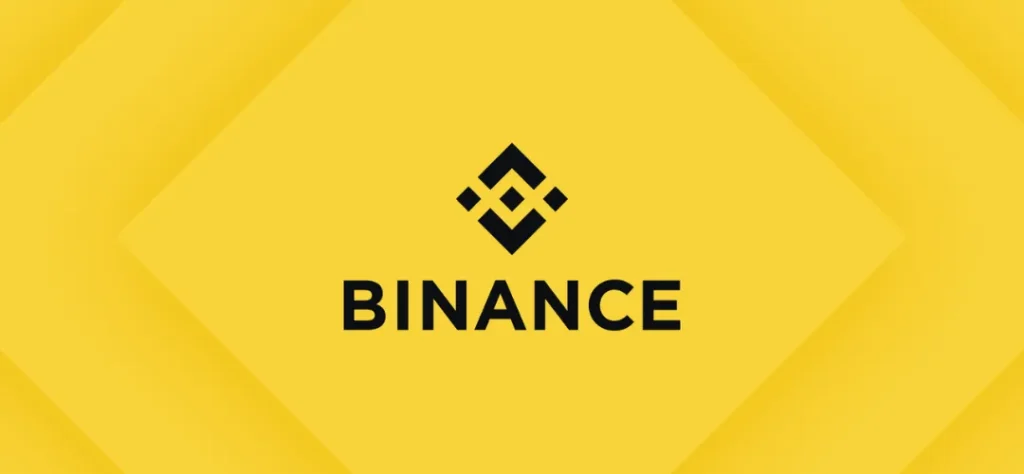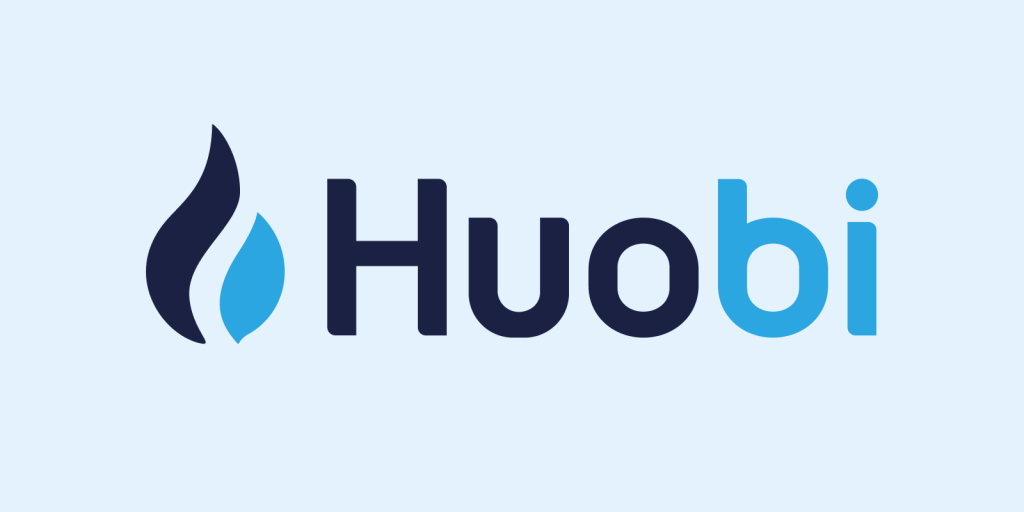Article Directory
Beyond the Hype: Why ZEROBASE Isn't Just Another Crypto Token—It's a Blueprint for a Trusted Digital World
Every now and then, amidst the deafening noise of the market—the memecoin frenzies, the short-term flips, the endless cycle of hype—a signal cuts through. It’s not always the loudest one. In fact, it’s usually a quiet, foundational hum. This week, we saw the world’s largest crypto exchanges, from Bybit and Binance to Upbit, all rush to list a new project called ZEROBASE (ZBT) (Bybit to List ZEROBASE (ZBT) on Spot, Binance Announces Spot Listing of ZeroBase (ZBT)). And while the splashy promotions and massive token rewards are grabbing headlines, I’m telling you, that’s not the real story.
What we’re witnessing isn’t just another token launch. It’s the public unveiling of a fundamental piece of infrastructure for the next chapter of the internet. When I first dug into what ZEROBASE is building, I honestly just sat back in my chair, speechless. This is the kind of breakthrough that reminds me why I got into this field in the first place. We're so often distracted by the shiny objects, the quick wins. But this? This is the plumbing. This is the deep, essential work that makes everything else possible.
Forget the price charts for a moment. Let’s talk about what this technology actually means for us, for our digital lives, and for a future that’s rapidly coming into focus.
The End of 'Trust Me'
Think about every interaction you have online. You’re constantly asked to trust someone. You trust your bank with your money, a social media company with your identity, a cloud provider with your data. The entire digital world is built on a fragile, centralized model of "trust me." ZEROBASE is built on a far more powerful and revolutionary principle: "prove it to me."
At its core, the project uses a combination of two beautiful pieces of cryptographic magic: zero-knowledge proofs (ZKPs) and trusted execution environments (TEEs). Now, stay with me here. A zero-knowledge proof is a bit like a magician proving they know a secret without ever revealing the secret itself. Imagine I want to prove to you that I have the key to a specific lockbox, but I don't want to show you the key. Instead, I can take you to the box, unlock it in a way you can witness, and then lock it again. You now have mathematical certainty—proof—that I have the key, but you never saw it. You learned nothing about its shape, size, or design.
That’s what ZKPs do for data. They allow for verifiable computation—in simpler terms, they let a system prove that it performed a calculation correctly without revealing the sensitive input data used in that calculation. This is a paradigm shift. It’s the technological foundation for a world where you can verify your age without showing your driver’s license, or prove your creditworthiness without handing over your entire financial history.

This is the kind of elegant, almost poetic solution to a massive societal problem that gives me chills—it means we can finally have both privacy and verification at the same time, a feat that was once thought to be a fundamental trade-off. But what happens when you apply this powerful idea not just to identity, but to the very fabric of our economy?
From Code to Capital: A Bridge to the Real World
This is where ZEROBASE’s mission becomes truly profound. The project isn’t just a theoretical exercise; it’s building the practical tools—like zkStaking and zkLogin—to connect this new world of verifiable trust to the old world of tangible value. The most electrifying part of this is its focus on Real-World Assets (RWAs).
For years, we’ve talked about the promise of tokenizing everything from real estate to fine art to private equity. The idea is to make these illiquid, slow-moving assets as fluid and accessible as digital currency. The problem has always been trust and privacy. How do you put a billion-dollar commercial real estate portfolio on a transparent blockchain without exposing every sensitive detail of the deal?
ZEROBASE’s infrastructure is like the invention of the standardized shipping container for the digital age. Before the shipping container, loading cargo was a chaotic, bespoke, and inefficient process. The container created a simple, universal standard that unlocked global trade on a scale never before seen. It was boring, functional infrastructure that changed the world. Similarly, by enabling verifiable off-chain computation, ZEROBASE provides a standardized, private, and secure "container" to move real-world value into the digital realm.
The speed of this is just staggering—it means the gap between a property deed sitting in a dusty filing cabinet and it being used as collateral in a decentralized finance protocol on the other side of the world is closing faster than we can even comprehend. This isn't just about making finance more efficient. It's about democratizing access to wealth creation. But with this incredible power comes an immense responsibility. How do we ensure this new financial plumbing is built for fairness and not just for speed? What new forms of governance will we need when a single line of code can direct the flow of trillions of dollars in real-world value?
These aren't just technical questions; they are deeply human ones. We’re not just building a new market; we’re architecting a new kind of trust. And for the first time, that trust won’t be placed in a fallible institution, but in the incorruptible elegance of mathematics. The simultaneous listing on platforms like Bybit and Binance isn't just a market event; it's a starting gun. It signals that the foundational layer is ready, and the race to build on top of it has officially begun.
The Dawn of a Verifiable Reality
Let’s be clear. This isn't about one company or one token. The listing of ZEROBASE is a symbol of a much larger movement. We are at the very beginning of a transition from an internet of information to an internet of value, and more importantly, an internet of verifiable truth. We are building a world where our digital interactions are no longer based on hoping a corporation does the right thing, but on the certainty of a cryptographic proof. It’s a future where privacy is a default, not a luxury, and where trust is an embedded feature of the network itself. This is the quiet, essential, and breathtakingly ambitious work that will define the next decade. And it’s happening right now.



